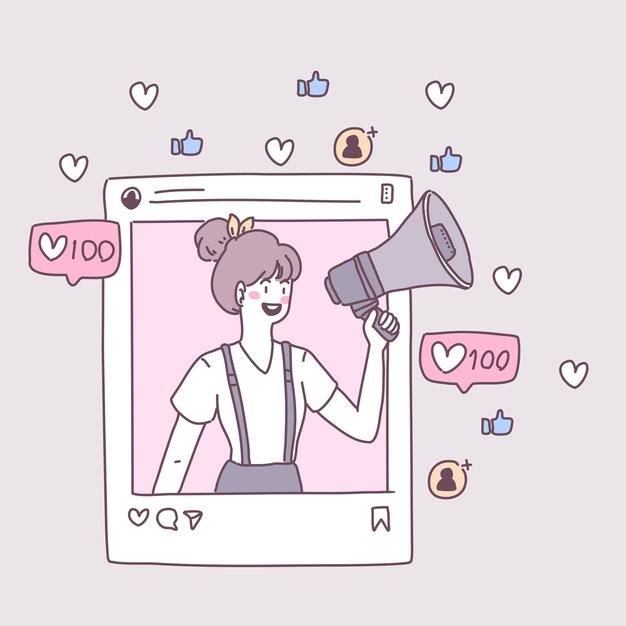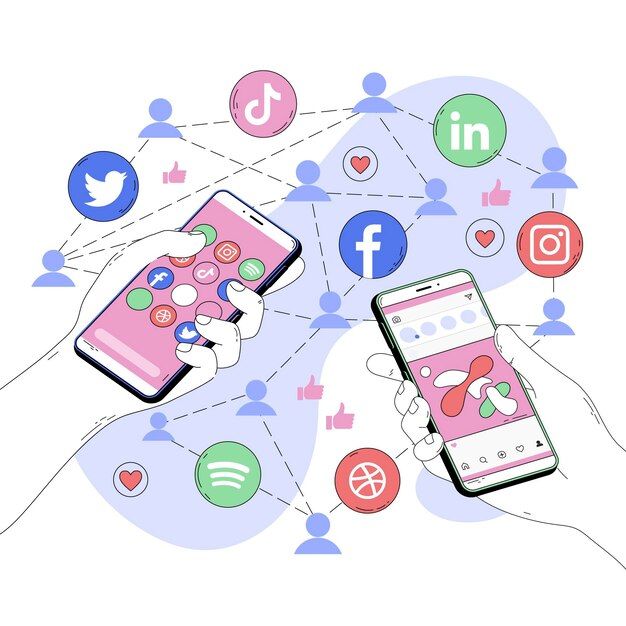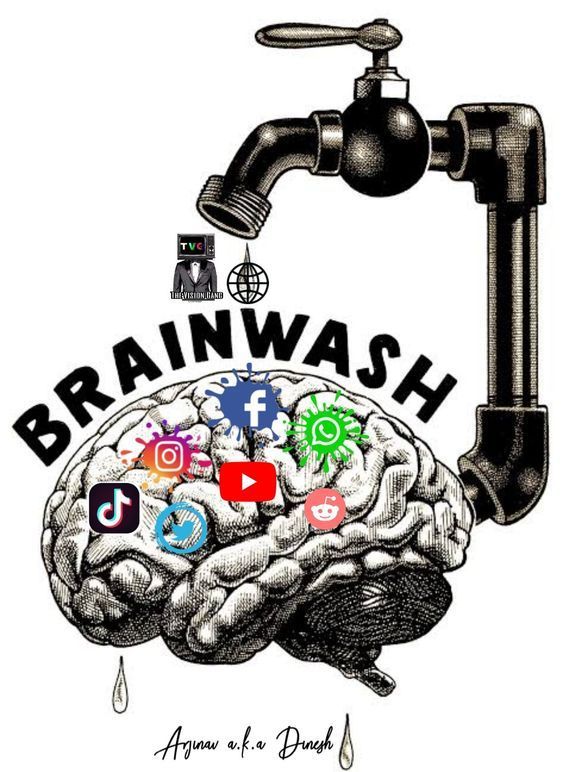The concept of identity has taken on a new and broad dimension in the age of digital connectivity, where we are constantly connected to the internet and have the ability to curate our online presence. Social media platforms have evolved into the modern-day mirror, reflecting our personas, beliefs, and aspirations. But, truly, who are we on social media?
Digital Persona VS Real Self:
We often present a carefully crafted digital persona when we log into our favourite social networking sites. This persona can be quite different from our true selves. We decide what to share, how to share it, and who to share it with. Some choose complete transparency, while others prefer anonymity. This distinction between the digital and real self is not always deceptive; it reflects the various aspects of our identities.
Our motivations for creating these digital personas are differed. We may want to project a more confident version of ourselves, maintain our privacy, or meet societal expectations. For some, it’s about experimenting with different aspects of their identity to see what feels right. These online identities are frequently as real as the ones they have in real life. They represent our desires, dreams, and even our weaknesses.
Social media is the place where we share our beliefs, values, virtues, talents and interests. From using the media for showcasing cultural diversity to using it for social cause, It never bounds us into doing or saying a particular thing. Media allows us to amplify our identity in much better way.
One of the main issues of social media is IDENTITY, Are they real or fake? The issue of verification is one of the most enduring difficulties in online identity. Some platforms require the use of real names and profile pictures in order to promote authenticity and transparency. Others, on the other hand, embrace identity theft and anonymity, allowing users to create alternate personas. These choices can have an impact on the dynamics of online interactions. Real names may promote respectful discussion and accountability, whereas identity theft may provide a safe space for open and honest debate.
It is really necessary to understand and question the identities on social media. It helps us understand the complexity of this world for interactions on the internet.
Over the last few years, psychologists have begun to investigate the effects of social media on mental health, and a consistent finding of much of this research is that excessive social media use is associated with poorer mental health.
A recent study of young adults by the University of Pittsburgh found that heavy social media users were three times more likely to be depressed than occasional users. A Canadian study of over 10,000 adolescents discovered that young people who spent more than two hours per day on social media were significantly more likely to rate their mental health as “fair” or “poor” when compared to occasional users.
As our online and offline lives become more intertwined, it’s critical to understand the potential impact of our digital personas on our real-world mental health.
Reference list:
Dr. Linda Papadopoulos (2017), How does social media impact the mental health of young people: internetmatters.org








Do you think that the way we present our online identities affects the way we are perceived on the internet and how we are treated? For example, someone who is fully transparent and uses their name and face on their profile may be more respected by other online users compared to someone who chooses to be anonymous, with no profile photo and using a fake name, even if they may actually be more conventionally intelligent than the transparent person?
I think this is written really well and shows insights into a lot of different aspects of digital identity. You were speaking about verifications I’d say a good example is the blue check, do you think this promotes authenticity and transparency? If so, how?
This made me realise that the digital persona we present on social networking sites may differ significantly from our true selves. Such differences are not always deceptive, but reflect multiple aspects of our identity. Additionally, while digital personas may have some differences from the real self, they can also be a reflection of the real thing. Online identities can represent an individual’s desires, dreams, and even weaknesses as authentically as their real-life identities.